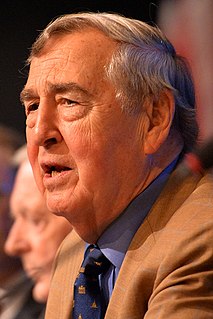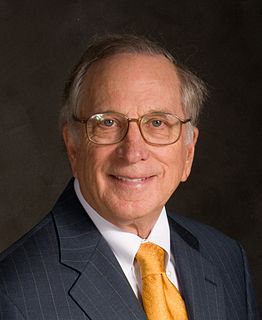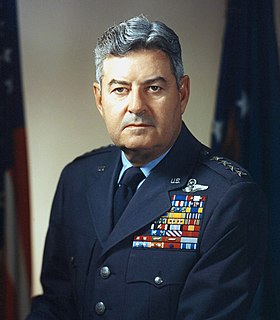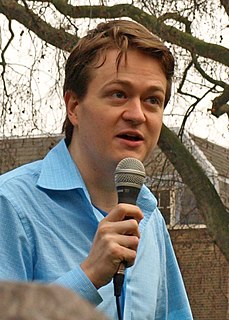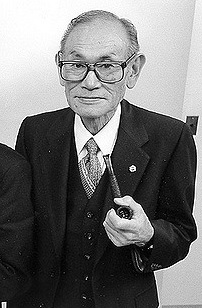A Quote by Amanda Ripley
We don't talk about that at all as a country. I think that most people assume that there's nothing they could do if a nuclear bomb went off in their city. And that's just not true. Most people would survive most terrorist nuclear attacks because the bombs would likely be much smaller than those we were dealing with in the Cold War.
Related Quotes
I think we should be organized in something called an Alliance Against Nuclear Terrorism. In the same way that NATO was the great alliance of the Cold War and served a great purpose then, we need now, in the war on terrorism, a new alliance, the mission of which would be to minimize the risk of nuclear terrorist attacks, and the members would agree to sign on to the gold standard.
Sooner or later there will be a nuclear 9/11 [by Islamic terrorists] in an American city or that of a US ally... A terrorist nuclear attack against an American city could take many forms. A worst case scenario would be the detonation of a nuclear device within a city. Depending upon the size and sophistication of the weapon, it could kill hundreds of thousands or even millions of people.
I think if terrorists had nuclear materials and found people to put a bomb together - both of which are possible - we would already have seen a nuclear explosion. But we have literally thousands of people around the world working their tails off and making a lot of sacrifices to contain nuclear materials. I particularly would like to compliment the Russians on this. In times of great economic distress, many of them could have made an awful lot of money if they had sold their expertise.
The most dangerous thing Iraq could have ever had was a nuclear weapon. The nuclear weapon Iraq was trying to build was not deliverable by bomb or ballistic missile. It was a large, bulky device that they hoped to bury and set off to let the world know they had a nuclear weapon. They never achieved that.
In a nuclear war there would be no victors, only victims. The truth of peace require that all-whether those governments which openly or secretly possess nuclear arms, or those planning to acquire them- agree to change their course by clear and firm decision and strive for a progressive and concerted nuclear disarmament. The resources which would be saved could then be employed in projects of development capable of benefiting all their people, especially the poor.
Teller contended, not implausibly, that hydrogen bombs keep the peace, or at least prevent thermonuclear war, because the consequences of warfare between nuclear powers are now too dangerous. We haven't had a nuclear war yet, have we? But all such arguments assume that the nuclear-armed nations are and always will be, without exception, rational actors, and that bouts of anger and revenge and madness will never overtake their leaders (or military and secret police officers in charge of nuclear weapons). In the century of Hitler and Stalin, this seems ingenuous.
Much as Cold War nuclear strategists could argue about winning a nuclear war by having more survivors, advocates of a Global Warming War might see the United States, Western Europe, or Russia as better able to ride out climate disruption and manipulation than, say, China or the countries of the Middle East.
There's no question that Saddam Hussein is a threat Yes, he has chemical and biological weapons. He's had those for a long time. But the United States right now is on a very much different defensive posture than we were before September 11th of 2001 He is, as far as we know, actively pursuing nuclear capabilities, though he doesn't have nuclear warheads yet. If he were to acquire nuclear weapons, I think our friends in the region would face greatly increased risks as would we.
Before the war, my parents were very proud people. They'd always talk about Japan and also about the samurai and things like that. Right after Pearl Harbor, they were just real quiet. They kept to themselves; they were afraid to talk about what could happen. I assume they knew that nothing good would come out of it.


